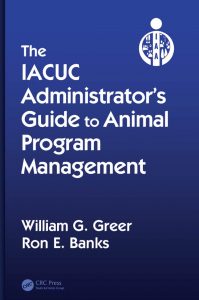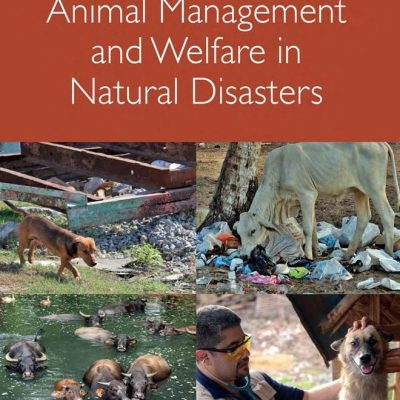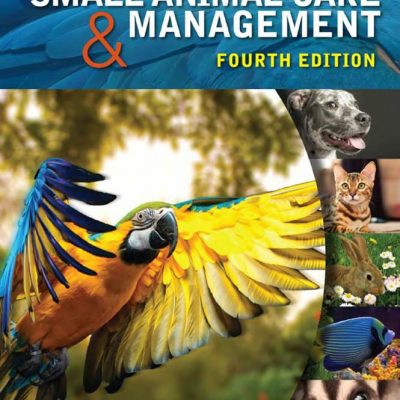
The IACUC Administrator’s Guide to Animal Program Management
by William G. Greer, Ron E. Banks
February 2016

The IACUC Administrator’s Guide to Animal Program Management supports IACUC administrators who assist with developing, managing, and overseeing a program of animal care and animal use. It provides many options and possibilities for specific operational practices (e.g., how to build a well-functioning IACUC, what a functional protocol template looks like) to satisfy regulatory requirements.
The material provided is a compilation of several years of Best Practices (BP) meetings among IACUC administrators across the country. The BP meetings included representatives from the NIH/OLAW, AAALAC, and the USDA, whose presence and dialogue assured the BP discussion met or exceeded all regulatory or accreditation minimum standards. BP meeting attendees from private, public, governmental, and academic organizations have helped to shape and develop the information offered herein. It is through the insight of several hundred colleagues—their successes as well as their failures—that the authors have distilled suggestions and considerations for your local animal care and use program.
This handbook complements other useful references and manuals regarding programmatic function—it is not intended to replace them. The primary difference you will find is the transparent and open nature of describing processes that have been time tested and proven to help you and your organization satisfy the regulatory requirements.
- Assures animal well-being and welfare by building flexible and self-correcting programs of animal care and use
- Combats the ignorance of necessary functional activities such as assuring regulatory compliance while ensuring animal welfare
- Provides answers to common questions of individuals assigned animal program duties
- Creates a sense of transparency of what has worked and what has not worked among organizations
- Develops a community of IACUC administrator professionals who become recognized as core and critical members of the research efforts of the organization, and who take a seat at the program leadership table along with the institutional official, the attending veterinarian, the IACUC, and the researcher



